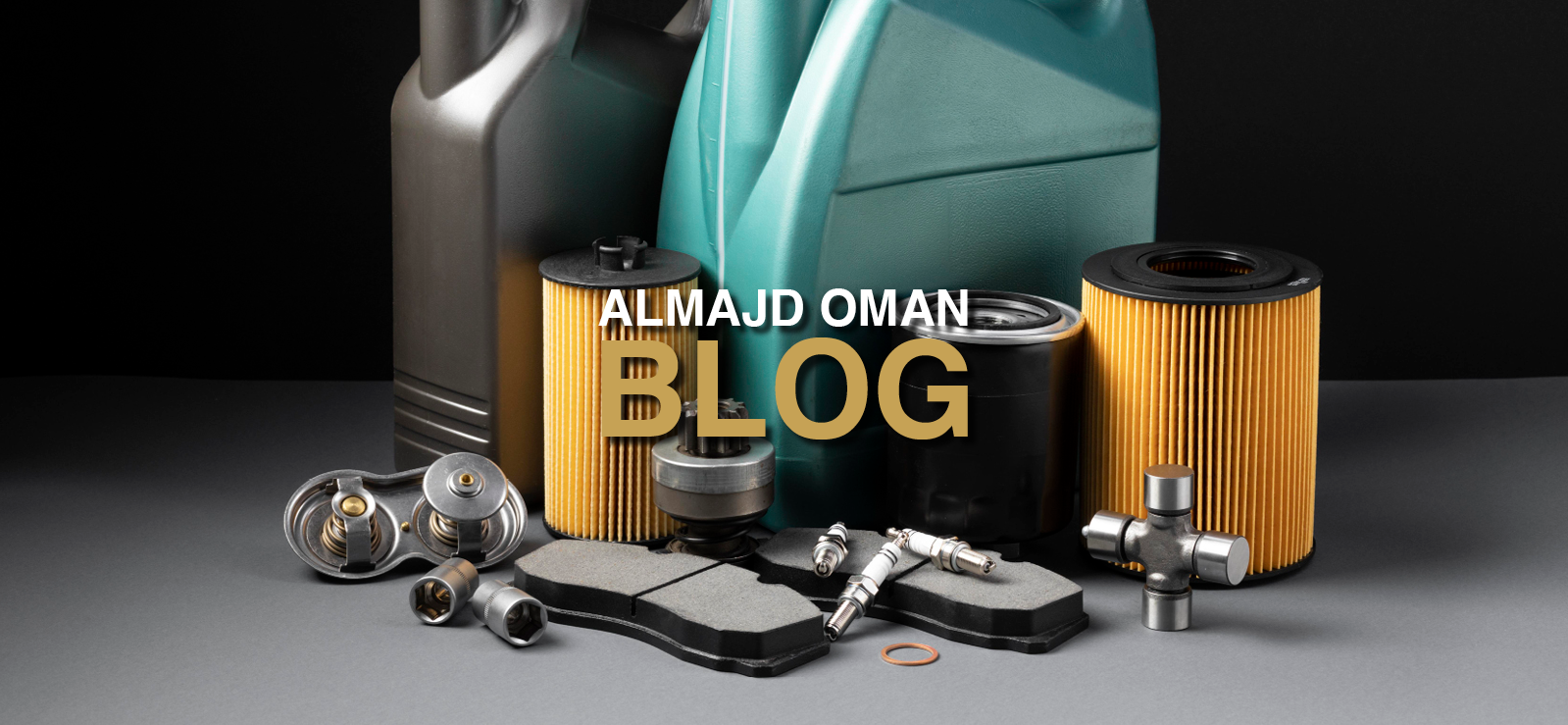
Choosing the right engine oil can make a significant difference in your car’s performance, longevity, and fuel economy. Among the most common questions drivers have is: Should I use synthetic or mineral oil? To make the right decision, you need to understand the differences between these two types and how they impact your engine.
In this article, we break down the pros and cons of synthetic and mineral oils, and which one suits your car best—especially in demanding climates like the Gulf region.
What Is Mineral Engine Oil?
Mineral oil is the traditional type of engine oil, refined directly from crude petroleum. It contains natural hydrocarbons and basic additives to help with lubrication and performance.
Pros of Mineral Oil:
- More affordable
- Adequate for older engines or low-performance vehicles
- Widely available
Cons of Mineral Oil:
- Breaks down faster under high heat
- Needs more frequent changes
- Less resistant to oxidation and sludge formation
What Is Synthetic Engine Oil?
Synthetic oil is chemically engineered in labs to deliver consistent and optimized performance. It is designed to work efficiently under extreme temperatures and conditions, making it a preferred option for modern engines.
Pros of Synthetic Oil:
- Superior thermal and chemical stability
- Better engine protection in high temperatures
- Longer oil change intervals
- Improves fuel efficiency and engine life
Cons of Synthetic Oil:
- More expensive
- Might not be necessary for older engines
Performance Comparison: Synthetic vs Mineral Oil
| Feature | Mineral Oil | Synthetic Oil |
| Temperature Resistance | Low | Very High |
| Oil Change Interval | 3,000–5,000 km | 7,000–15,000 km |
| Price | Low | High |
| Engine Protection | Basic | Excellent |
| Sludge Resistance | Low | High |
| Fuel Efficiency | Average | Improved |
Which Oil Should You Choose?
For Gulf Climates (like Oman, UAE, Saudi Arabia):
If you live in a hot region, synthetic oil is the safer and smarter choice. It handles high temperatures without thinning out, maintains viscosity, and keeps your engine clean even under heavy loads or traffic conditions.
For Older or Budget Vehicles:
If your car is older or you’re driving a low-mileage vehicle, mineral oil may suffice—especially if you’re on a tight budget. Just make sure to follow a strict oil change schedule.
For High-Performance or New Engines:
Synthetic oil is highly recommended. Most modern engines are engineered with tighter tolerances and high-performance requirements, which synthetic oil supports much better than mineral oil.
Can You Switch Between the Two?
Yes, you can switch from mineral to synthetic oil or vice versa. However, if you’re switching to synthetic, make sure the engine is clean and in good condition. Some cars also benefit from semi-synthetic oil, which combines the affordability of mineral oil with the performance of synthetics.
Final Verdict
Both mineral and synthetic oils serve the same basic purpose: lubricating your engine and keeping it running smoothly. The right choice depends on your car’s age, your budget, and your driving conditions. In hot and demanding environments like the Gulf, synthetic oil provides better protection, performance, and value over time.
Make the smart choice—your engine’s life depends on it


